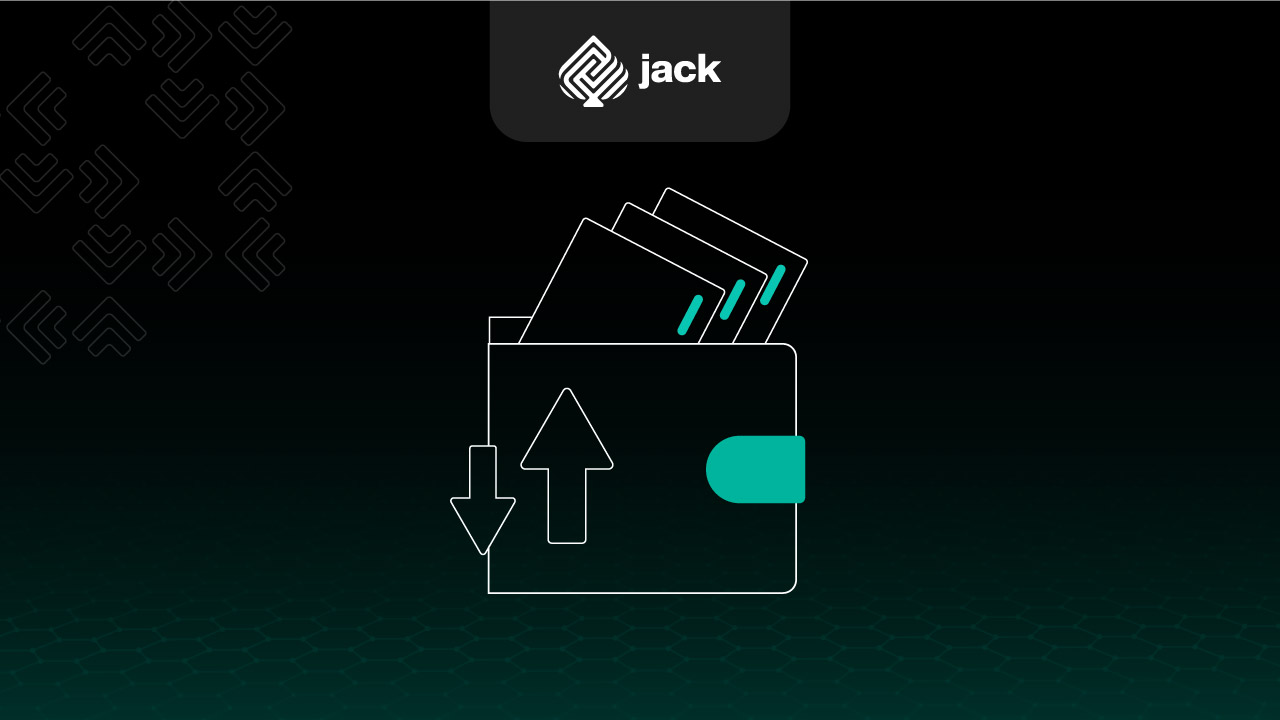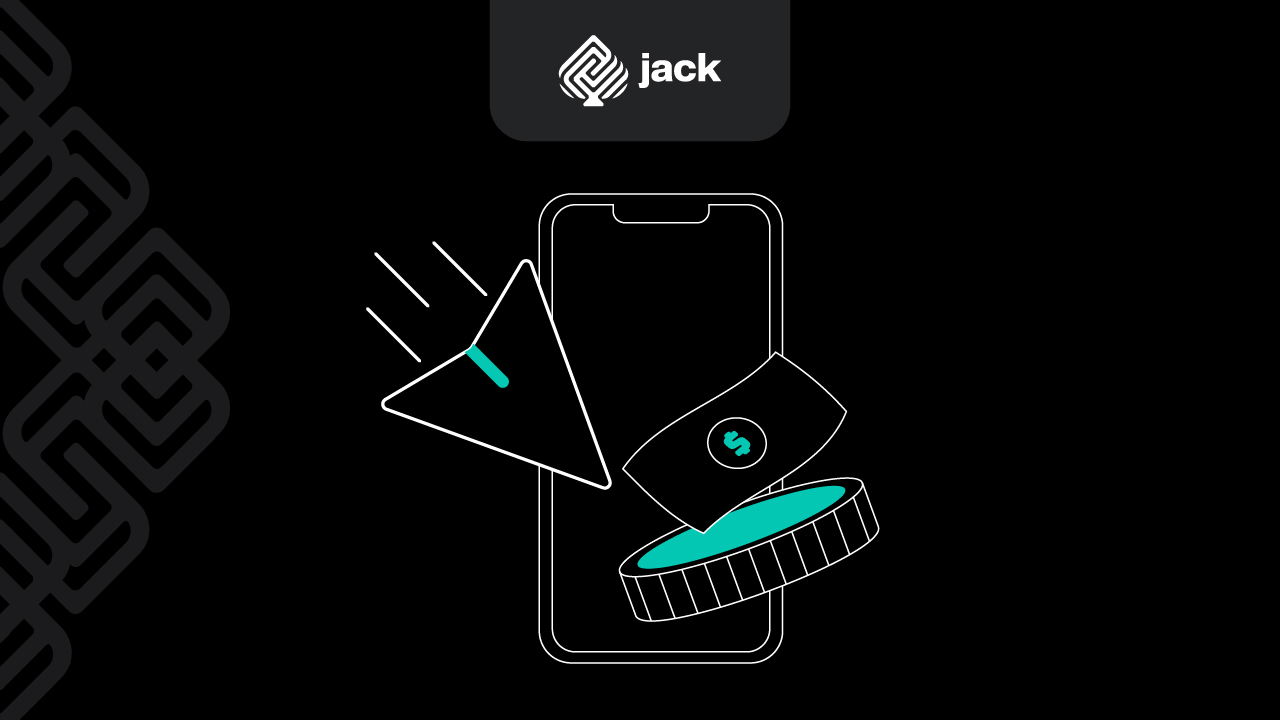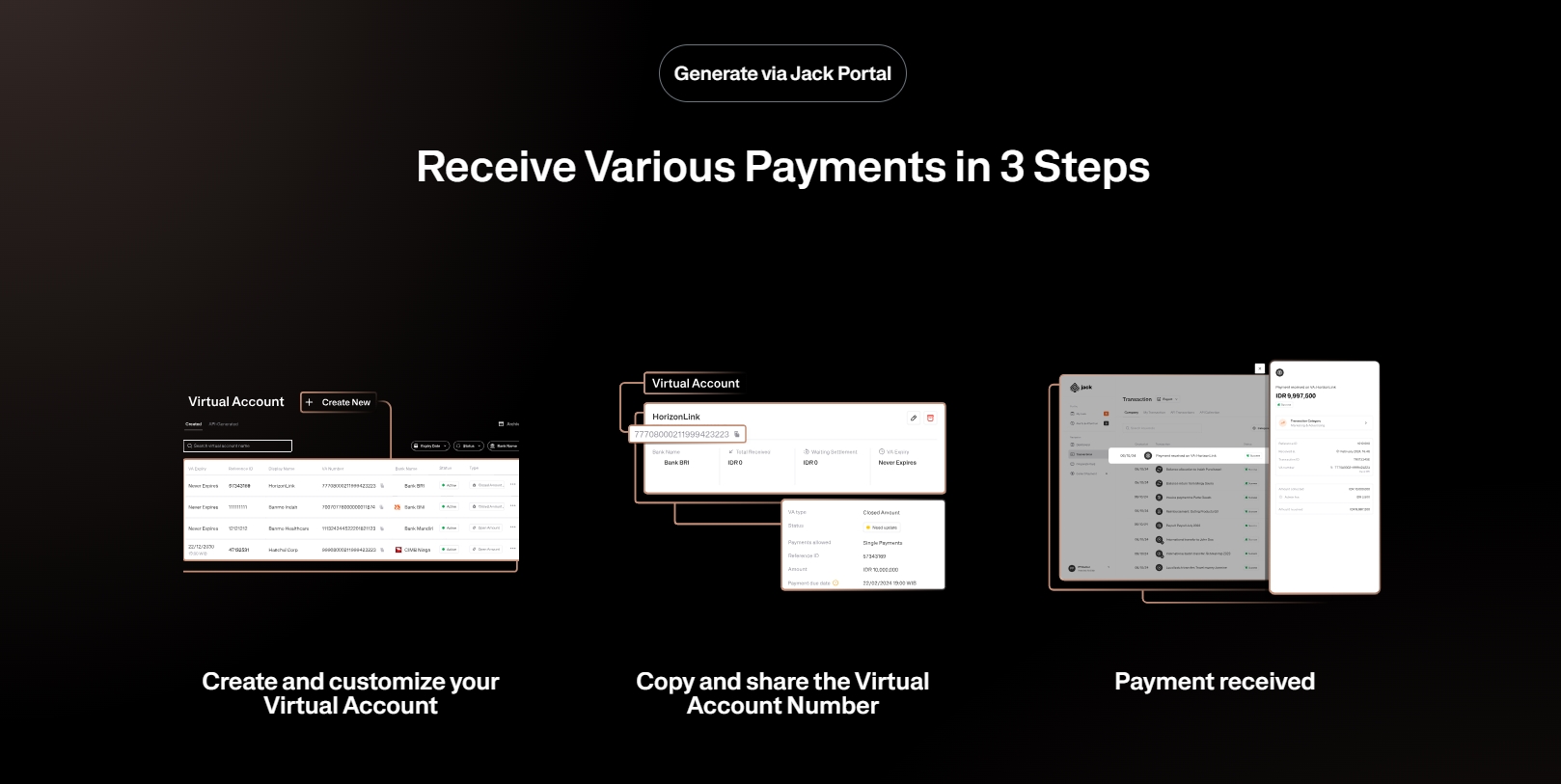In today’s modern era, personal finance management is becoming increasingly important. Every small decision in daily spending can have a significant impact on one’s long-term financial health.
See Also Corporate Credit Card: Definition, Types, Benefits, and How Cards Work for Startups
One concept that has gained attention in financial management is the Latte Factor. This article will delve into the definition, impact, effective strategies, and case studies related to the Latte Factor in finance.
Definition and Impact of the Latte Factor in Finance

The Latte Factor is a term used to describe the effect of small, regular expenses on an individual’s personal finances. This term originates from the habit of buying a daily latte coffee, which, although seemingly insignificant, can add up to a considerable amount of money over time.
In the context of personal finance, the Latte Factor refers to small and frequent expenses that are not deemed important but can eventually have a significant impact on an individual’s financial stability. The impact of the Latte Factor on personal finance can be quite substantial.
Regular small expenses can lead to unnoticed money wastage. Although each individual purchase might feel insignificant, these expenses can accumulate over time and deplete a large amount of money.
1. Lack of Emergency Funds
Wasting money on small expenses can reduce the amount of money available for savings, including emergency funds. A lack of emergency funds can make a person vulnerable to unexpected events, such as job loss or medical emergencies.
2. Dependence on Debt
If small expenses are not controlled, a person may become dependent on debt to meet their financial needs. Additional debt can result in a greater financial burden in the future, as they will have to pay interest and installments every month.
3. Lack of Savings and Investments
Regular small expenses can also hinder one’s ability to save and invest for the future. If too much money is spent on small expenses, there may not be enough left to save or invest for long-term goals, such as retirement or children’s education.
Effective Strategies to Tackle the Latte Factor in Personal Finance Management

While the Latte Factor can negatively impact one’s personal finances, several strategies can be adopted to tackle it and manage finances better:
1. Create a Budget
Make a budget that includes all your expenses, including small ones like lattes or snacks. By understanding how much money you spend on non-essential expenses, you can identify areas where you can save.
2. Prioritize Spending
Set your financial priorities and allocate your money accordingly. For instance, prioritize emergency savings, debt payments, and long-term investments before spending on minor, non-essential expenses.
3. Limit Non-Essential Spending
Commit to limiting non-essential spending, including frequent small expenses. Consider making your coffee at home or bringing food from home to avoid unnecessary outside spending.
4. Create Healthy Habits
Replace the habit of buying a daily latte with healthier and more economical habits, such as making coffee at home or bringing drinks from home. This not only helps you save money but also can improve your overall health.
Identifying the Latte Factor and How to Recognize It

The Latte Factor in finance refers to small and frequent expenses that might seem insignificant individually but can have a major impact on one’s finances in the long run. To identify the “latte factor” in your finances, consider the following:
1. Unexpected Daily Expenses
Many of us have habits of unexpected daily spending, such as buying coffee at a cafe every morning or eating out for lunch every day. While each purchase might seem insignificant at first, over time, these expenses can add up and deplete a large amount of money.
2. Impulsive Purchases
Impulsive purchases are often part of the Latte Factor in finance. You might be tempted to buy small items or additional services that are not necessary but affect your overall spending.
3. Unplanned Expenses
Unplanned expenses are often part of the Latte Factor in finance. For instance, buying small items that are not needed or paying for subscriptions that are not effectively used are examples of unplanned expenses.
4. Uncontrolled Shopping Habits
The Latte Factor in finance can also create uncontrolled shopping habits. If you frequently buy small items or additional services that are not necessary, this can result in money wastage and make it difficult to achieve your financial goals.
Reducing the Latte Factor to Improve Financial Stability
Reducing the Latte Factor in your finances is a crucial step to improving your financial stability and achieving your financial goals. There are several strategies that can help you reduce the Latte Factor and improve your financial stability.
See the API Document from Jack Finance here
Planning for this as well as possible is essential to ensure it does not endanger your future financial condition. By taking various measures to reduce the Latte Factor in finance, your financial health can remain well-secured.
Use Jack for your business needs
The Latte Factor in finance can significantly impact an individual’s financial health if not managed properly. By understanding this concept and applying effective strategies to address the Latte Factor, one can take steps to improve their financial stability and achieve long-term financial goals.









